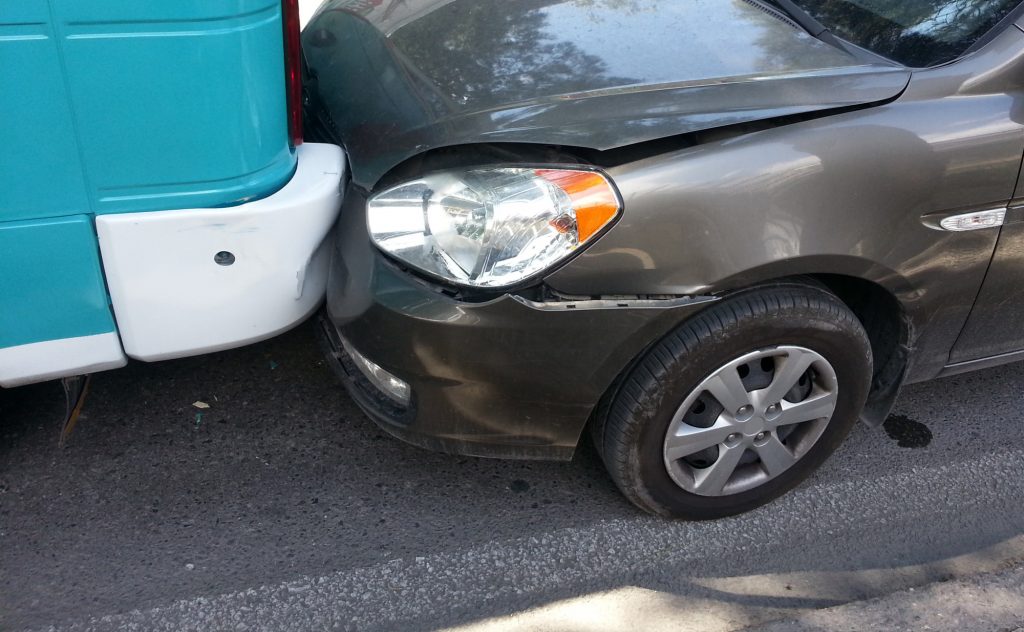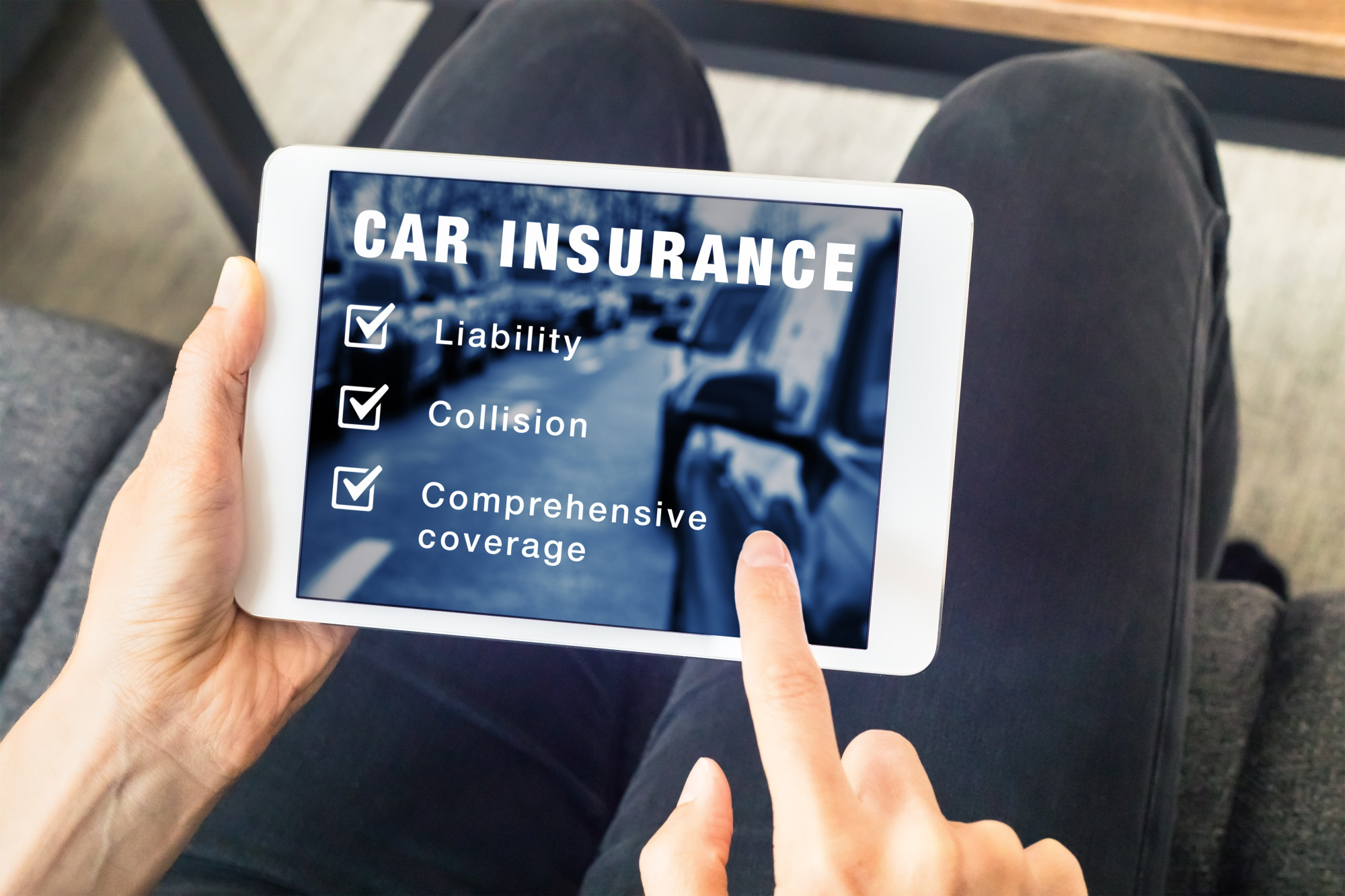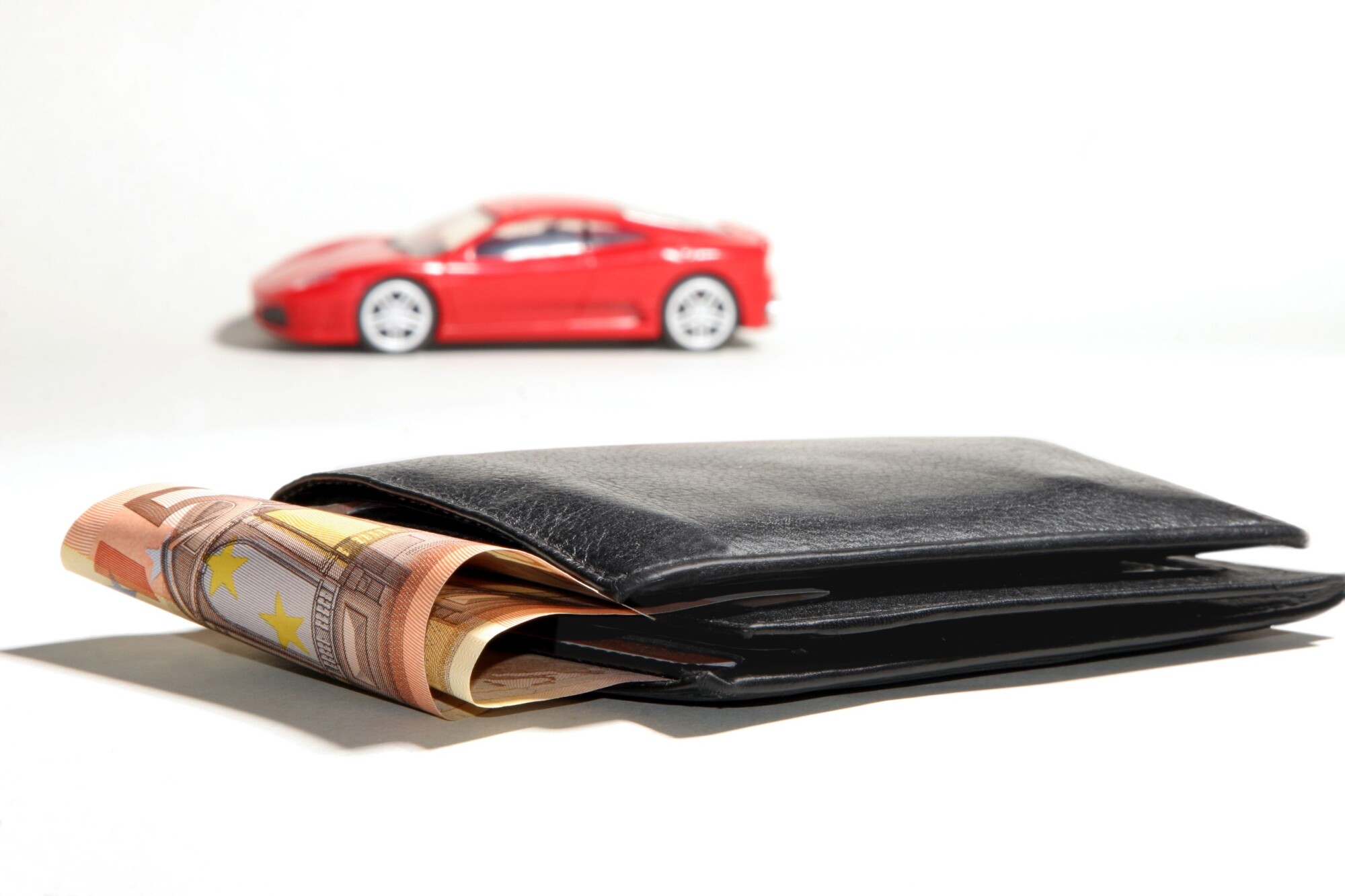
Someone could make a horror film that consists of nothing more than that awful tell-tale thud in a car accident.
Most of us have been there before and we know how your stomach sinks when it happens. What’s worse is that if you don’t handle the aftermath properly, a minor accident turns into a huge problem.
Knowing what to do after a minor car accident can decide whether your collision is a forgettable inconvenience or a life-impacting event. Here’s what you need to know.
What to Do After a Minor Car Accident
Whether you’re the one at fault, you’re the victim, or you aren’t sure, there are several top priorities after an accident. You need to consider your safety, your injuries, and your legal liabilities. Follow these steps.
1. Stay On the Scene
This is one of the top ways a minor accident can turn into a major problem. Leaving the scene of an accident can bring criminal charges if you were at fault.
If the other driver was at fault and drove away, it doesn’t mean you should too. Note their license plate number if you can. If not, write down a description of the vehicle. Call the police to come to your location and file a report.
2. Get Somewhere Safe
There are far too many sad cases of people being struck on the road after a minor accident. As stressful as a collision is, you need to keep your safety as your top priority.
Get all the vehicles off the road. After you do, stay a short distance away from the cars in case a driver veers off the road.
Sometimes it isn’t other drivers you have to fear. It’s possible that the other vehicle hit you on purpose to get you to stop on a deserted road.
Turn on your emergency flashers to show the person you realize what happened. Call the police to tell them what happened and tell them you’re going to a safe location. Get to a well-populated area like a parking lot before you stop.
3. Don’t Admit Fault or Release Liability
When you get out of your vehicle, be careful what you say to the other driver. No matter who you think is at fault, never say “I’m sorry” or anything else that admits guilt.
This includes admitting you were distracted, such as, “I just checked my phone for a second.”
In the same way, don’t say anything that releases the other driver from liability. If they apologize, don’t say, “It’s okay” or “Don’t worry about it.” Say as little as possible.
4. Call the Police
Some people believe they don’t need to call the police for an accident that happens on private property like a parking lot. While officers can’t issue a citation for these accidents, they can take an impartial accident report.
If your accident turns into a court case, that report will be a strong piece of evidence. Be polite and cooperative with the police and be thorough when you tell them what happened.
The police will also take both drivers’ contact and insurance information so you don’t have to have contact with the other driver.
Before the police leave, make sure you get a case number or other information you’ll need to get a copy of the report.
5. Take Photos
Most of us have a smartphone with us at all times. After an accident, pictures will be an important piece of potential evidence.
Photograph any damage to all the vehicles. Take conditions of the roadway where the accident occurred. If necessary, take photos of nearby street signs or landmarks so you remember the exact location.
6. Get Medical Attention
When we’re in a dangerous situation like a car accident, our bodies produce adrenaline. That adrenaline numbs pain from injuries as part of the fight-or-flight response.
As a result, many people don’t realize they’re injured from an accident until hours or days later. If you wait until then to get medical treatment, it jeopardizes any future legal case against the at-fault driver.
You don’t have to call paramedics for every minor accident. However, you should go directly to an urgent care center for an exam. Tell them what happened and they’ll know what injuries to look for.
The physicians may even take brain scans if you’re at risk for a concussion. Regardless, get a copy of your medical records in case you need it for legal documentation.
7. Find a Lawyer
Some people think contacting a lawyer is an extreme step that they shouldn’t take until they think it’s necessary. In reality, talking to a lawyer soon after your accident can help you protect yourself throughout the weeks and months after the accident.
Find a lawyer who is experienced in car accident cases. If you were the at-fault driver, they can help you protect yourself. If you are the victim, they’ll help you gather evidence to seek compensation for any injuries or damages.
8. Call Your Insurance Company
In addition to a lawyer, your insurance company is another call you should make on the day of your vehicle accident.
Call your auto insurance company right away to tell them what happened. If you wait too long, some insurers will use it against you when it comes to collecting your benefits.
If you have witnesses, the insurance company will want to speak with them too. Get their contact information or have them with you when you call.
Getting Through Your Accident
Vehicle accidents happen to most of us at one time or another, and they’re never fun. Especially if you tend to go into panic mode, it’s important to know what steps to take so you don’t make a mistake that risks your financial stability or your freedom.
The steps above for what to do after a minor car accident will help you protect your safety and your legal liability. Educating yourself ahead of time can allow you to avoid costly mistakes.
For more helpful tips every vehicle owner needs to know, check out our auto repair manuals and more.




